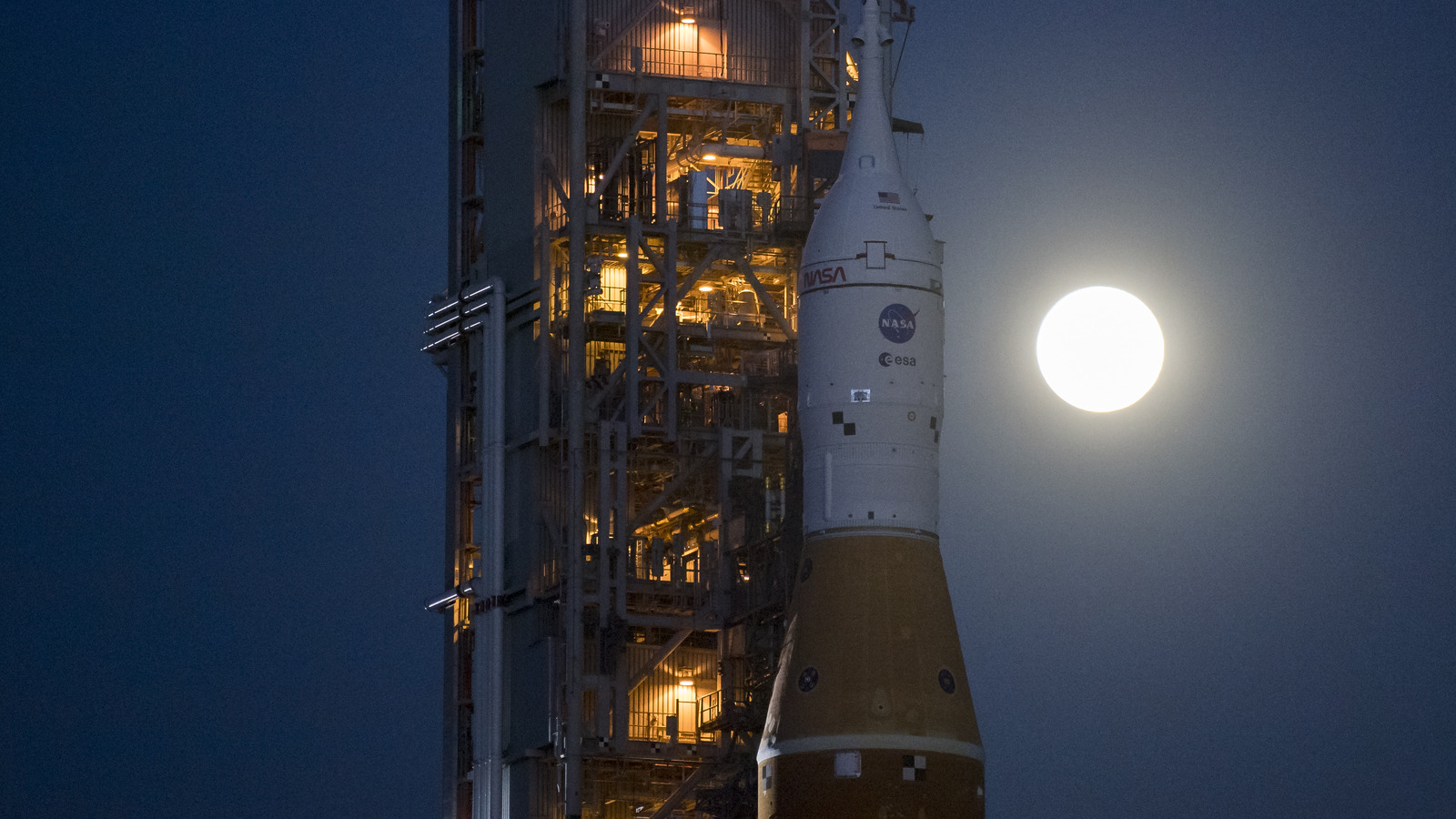Honda's Hydrogen Fuel Cell: Powering the Lunar Outpost
Key Ideas
- Honda is testing a circulative renewable energy system on the International Space Station to support a lunar outpost.
- The regenerative fuel cell system will produce oxygen, hydrogen, and electricity using water electrolysis in microgravity.
- Other contractors like Sierra Space are collaborating with Honda, while NASA plans to establish a nuclear fission reaction on the Moon.
- Despite delays in the Artemis program, the first lunar outpost habitat is scheduled for setup in 2033.
Honda is leveraging its expertise in hydrogen fuel cells to contribute to the future of space exploration. The automotive giant is developing a circulative renewable energy system that will be tested on the International Space Station to assess its efficiency and reliability in microgravity. This system aims to support a potential lunar outpost by continuously producing oxygen, hydrogen, and electricity using water electrolysis. The process involves utilizing solar power during the day to convert water into hydrogen and oxygen, and then using this hydrogen and excess oxygen at night to generate electricity, ultimately creating a closed-loop system.
While the timing of Honda's testing on the ISS is uncertain, the collaboration involves Sierra Space, which is working on the Dream Chaser spaceplane set for a demonstration mission to the ISS later this year. In parallel, NASA and the U.S. Department of Energy are planning to deploy a 40-kilowatt nuclear fission reaction on the Moon, contracting companies like Lockheed Martin, Westinghouse, and IX for development. Despite these advancements in power generation, the Artemis program has faced setbacks, with the first lunar outpost habitat now expected to be established during Artemis VIII in 2033. However, Honda's innovative fuel cell technology could play a crucial role in providing essential resources like oxygen and water for a future lunar presence.
Topics
Power
Renewable Energy
Technology
Innovation
Sustainability
Collaboration
Future
Space Exploration
Space Technology
Latest News
